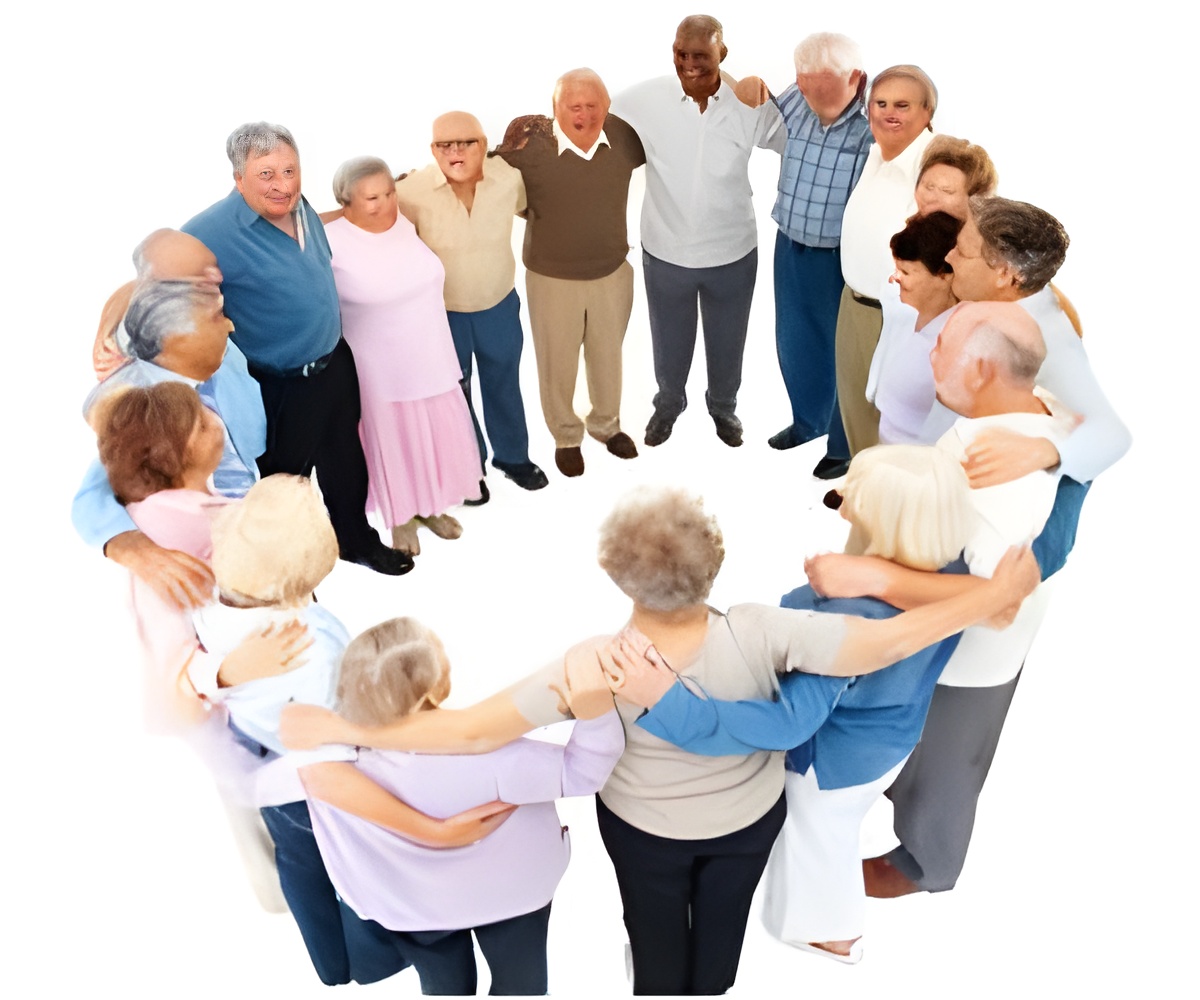A new study by the Institute for Aging Research of Hebrew SeniorLife, an affiliate of Harvard Medical School has revealed a striking portrait of the health of Boston's elderly homeless population.

"Our study shows that older homeless adults in Boston have higher rates of geriatric syndromes compared to the general population," says lead author Rebecca T. Brown, M.D., a research fellow at the Institute for Aging Research at the time the study was conducted. "Many of these syndromes are treatable if addressed proactively."
Researchers from the Institute for Aging Research, Beth Israel Deaconess Medical Center, and the Boston Health Care for the Homeless Program collaborated on the study, which was funded by The John A. Hartford Foundation and the National Institutes of Health.
Published online in the Journal of Geriatric Internal Medicine, the study found that geriatric conditions were common in homeless adults ages 50 to 69, including problems with performing daily activities, walking, vision and hearing, as well as falls, frailty, depression and urinary incontinence. The research team examined data from interviews and physical examinations of 247 homeless adults over a six-month period at eight Boston homeless shelters and compared the information with three large population-based study cohorts.
Thirty percent of the homeless seniors reported difficulty performing at least one activity of daily living, such as bathing and dressing, and more than half said they fell in the prior year. Nearly 40 percent experienced major depression, and one-quarter suffered from cognitive decline, primarily impaired executive function (decision-making, planning and judgment).
According to previous studies, the average age of the homeless population in the United States is increasing. Nearly one-third of homeless adults in the U.S. today are over age 50, compared to 11 percent in the 1990s. In Boston, more than 7,000 men, women and children are homeless, according to the city's latest homeless census. Eighteen percent of homeless men in Boston and 15 percent of homeless women are older than 55. Despite this trend, little is known about geriatric syndromes among the growing elderly homeless population. The Institute for Aging Research study is the first to rigorously characterize the presence of geriatric syndromes in older homeless adults.
Advertisement
Dr. Brown says that many of these conditions are easily treated if they are detected. Addressing these issues proactively, she adds, may reduce adverse outcomes and acute hospitalizations. She also says that screening and standard treatment for geriatric syndromes is warranted for homeless adults over the age of 50 who have access to health care, despite the challenges of delivering health-care services to this population.
Advertisement
Source-Eurekalert











